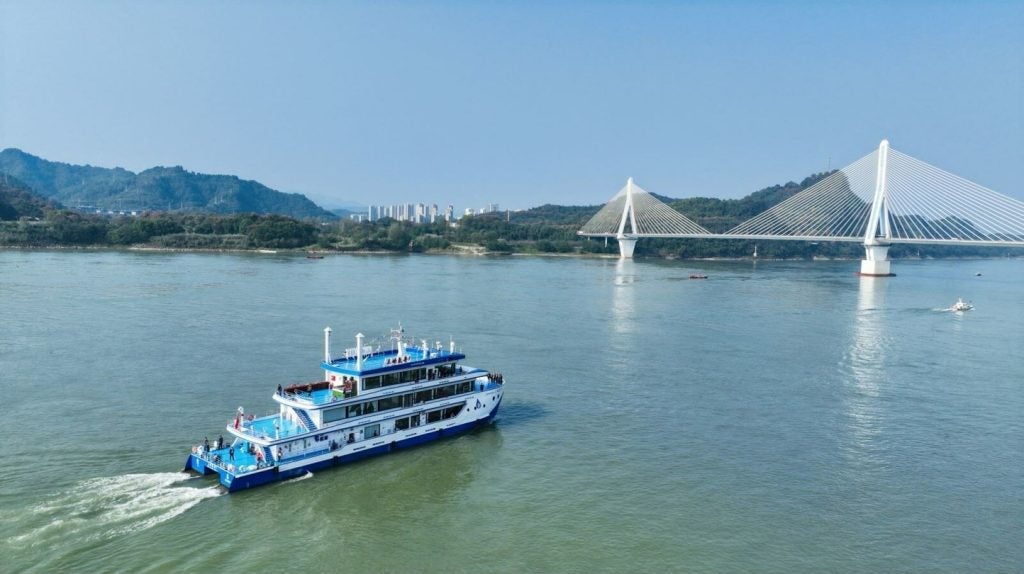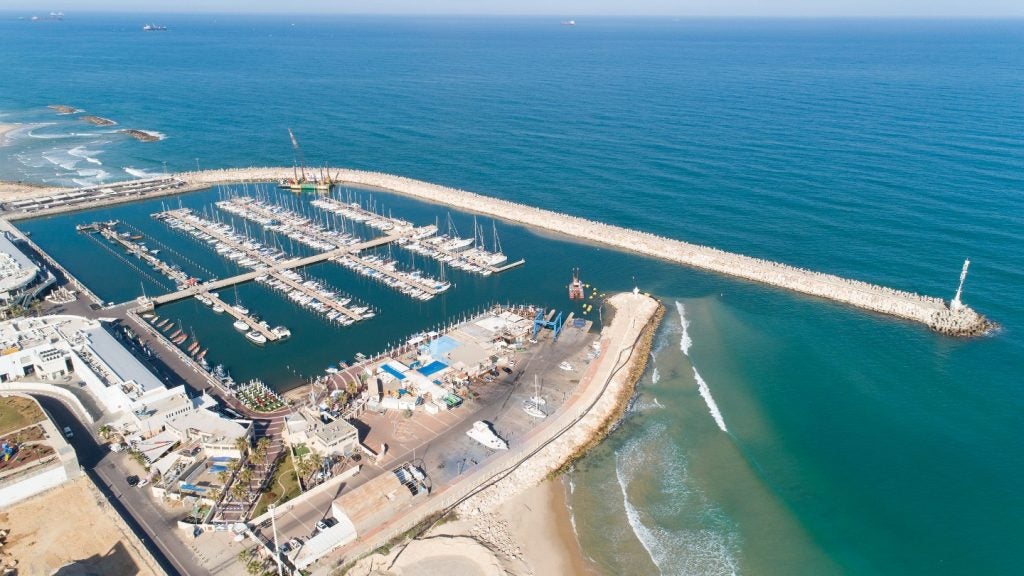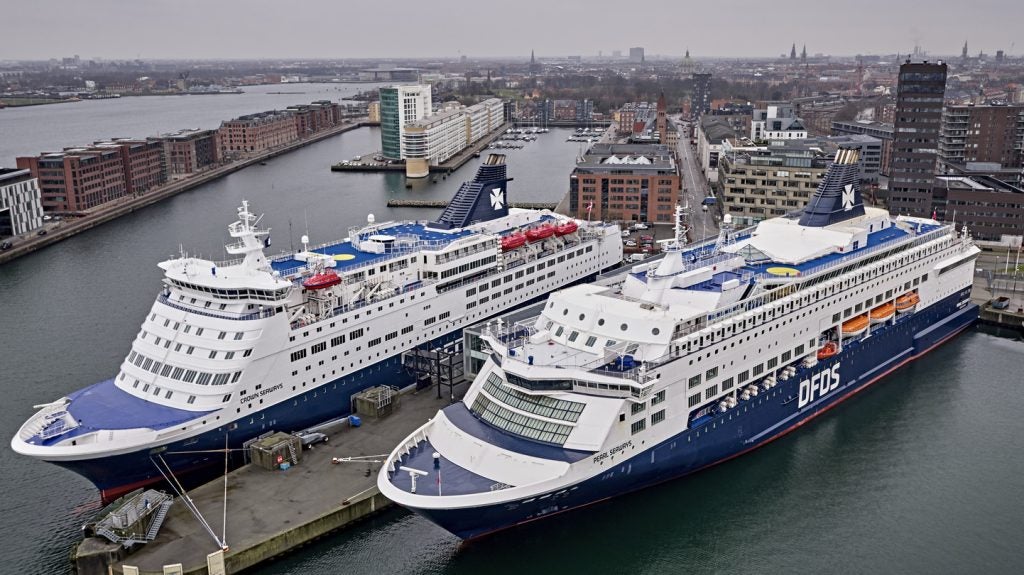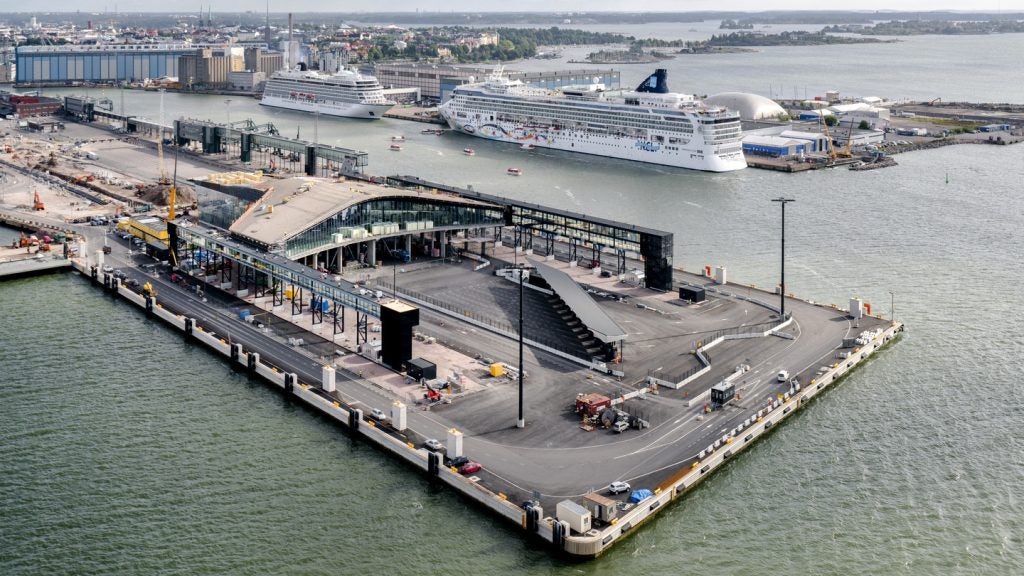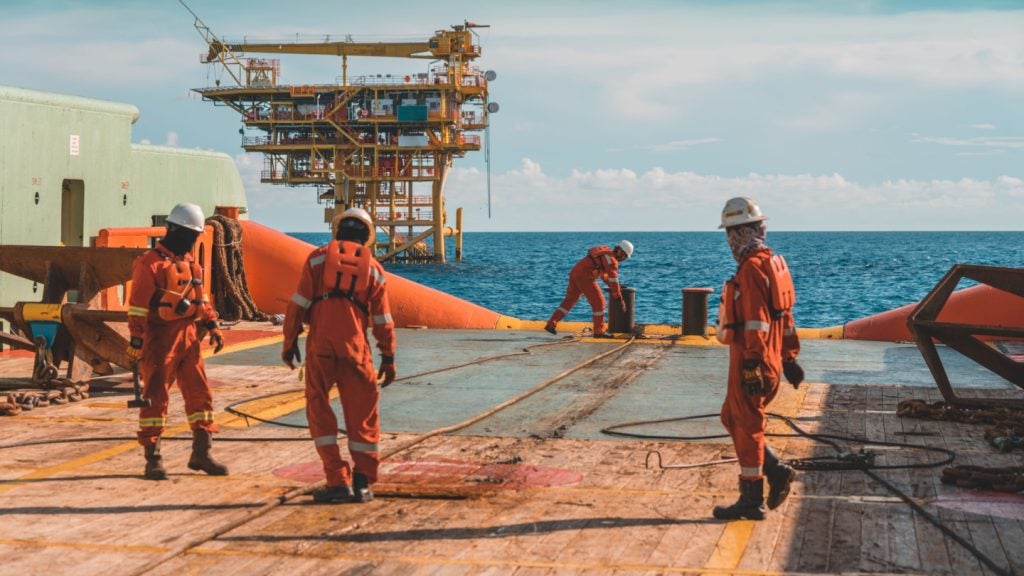Another hydrogen project has come to fruition with the maiden voyage of China’s first hydrogen-powered ship in Yichang City, Hubei Province.
Launched during the China Green Energy Development Conference in the city, the 49.9m-long vessel, known as Three Gorges Hydrogen Boat No. 1, will be used in the Three Gorges reservoir area in the central province for transportation, patrol and emergency response.
Powered by a 500kW hydrogen fuel cell, the ship was developed by a group of companies, including the China State Shipbuilding Corporation, China Yangtze Power Corporation and Jianglong Shipbuilding.
The Wuhan Changjiang Ship Design Institute and Three Gorges Navigation Authority also contributed to the design of the ship, which became the first hydrogen-powered boat to be certified by the China Classification Society.
Alongside the development of the ship, the city has also installed the country’s first inland dock-type hydrogen production and refuelling station at Yangjia Bay in the lower area of the Three Gorges.
The green electricity and hydrogen demonstration station uses clean energy generated by the reservoir power station to electrolyse water and produce 240kg of hydrogen per hour that can be directly supplied to the ship.
With a range of 200km, it is expected that the use of the ship will reduce CO₂ emissions by 343.67t per year by replacing 103.16t of fuel oil.
The Three Gorges Hydrogen Boat No. 1 joins a growing number of hydrogen-powered vessels as the maritime industry explores gas as an alternative fuel to support its decarbonisation efforts.
Earlier this year, clothing company Nike signed a deal with Future Proof Shipping (FPS) and BCTN for a hydrogen-powered inland container ship, part of FPS’ ambition to build a fleet of ten zero-emission inland and short-sea vessels over the next five years.


